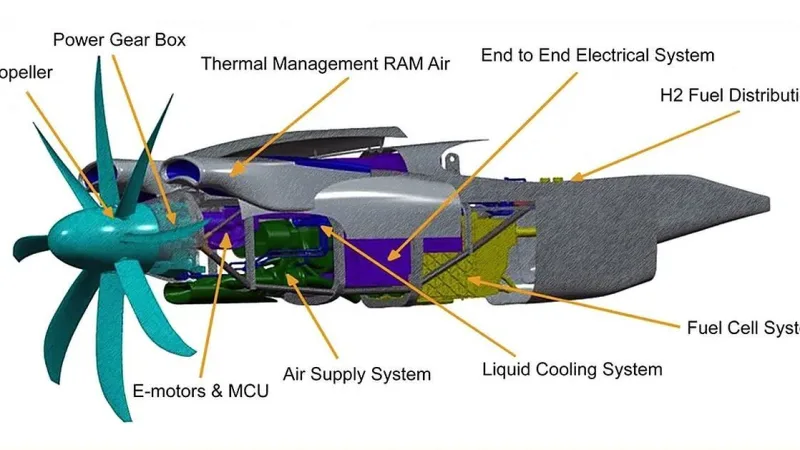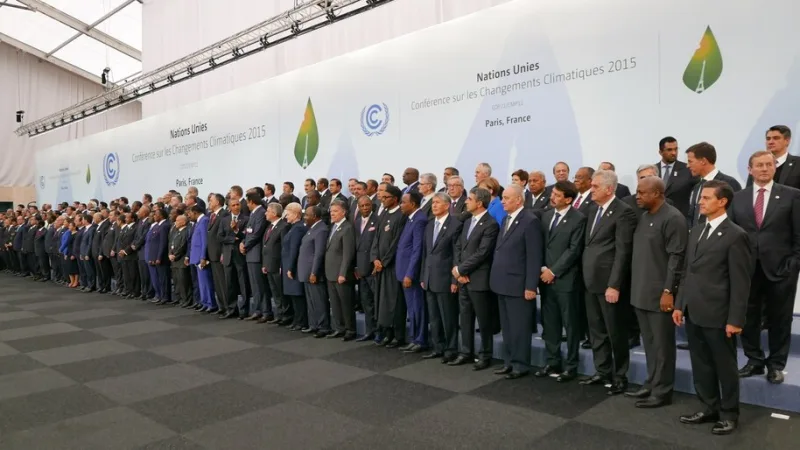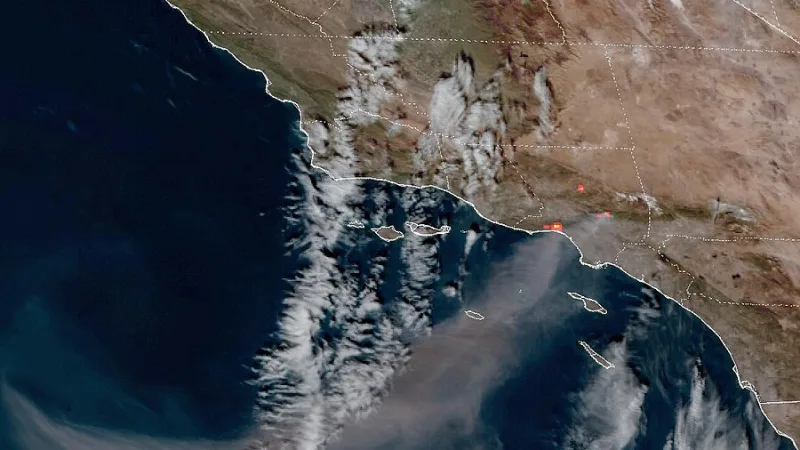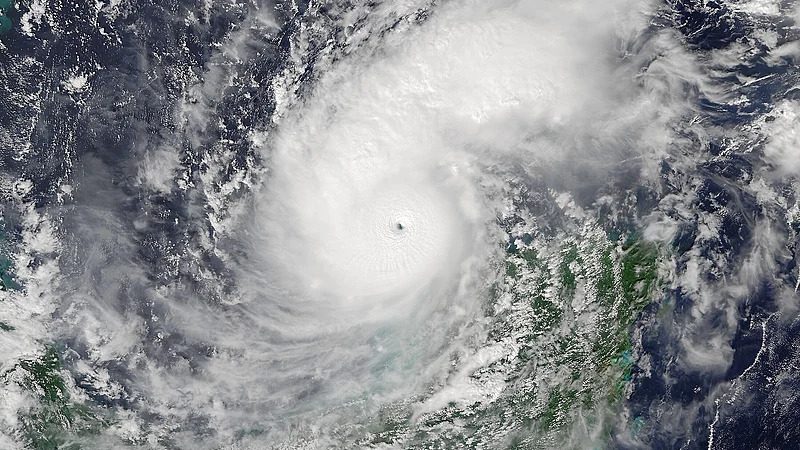Climate Change and Civil War: The Deadly Mix in Libya’s Floods

The devastating floods in Libya are believed to have been intensified by a combination of climate change, civil war, and international sanctions, according to researchers. It is estimated that as many as 20,000 people may have died, with the official death toll of over 5,000 expected to rise as another 10,000 people remain missing.
The floods were triggered by extreme rainfall, which brought the equivalent of a year’s worth of rain in just 24 hours. The World Meteorological Organization recorded significant precipitation in many areas of Libya, with some receiving 150-240 millimeters of rain. These intense downpours were likely further intensified by climate change, particularly by Storm Daniel, a low-pressure system that formed over the Mediterranean Sea. The storm, which eventually made landfall in Libya, was described as a “Medicane,” displaying hurricane-like characteristics.
How Climate Change Intensified the Floods
The flooding in Libya was largely unprecedented, as the country typically receives less rainfall due to the shelter provided by the Atlas Mountains. However, climate change has resulted in more frequent and severe extreme weather events, including heavy precipitation. According to the Intergovernmental Panel on Climate Change, there is high confidence that human-caused climate change is a significant driver of such events. While it is challenging to pinpoint the exact influence of climate change on specific events, experts believe there is a clear causal link between climate change and the intensity of Storm Daniel.
The Arrival of Storm Daniel
Sea surface temperatures, although not exceptionally high, played a role in the storm’s intensity, injecting energy and moisture into the system. Changes in jet streams, high-altitude air currents that influence weather patterns, may have also contributed to the prolonged presence of Storm Daniel. Blocking events, wherein the jet stream takes on a shape resembling the Greek letter omega, can cause extreme weather events and have become more frequent in recent years. While the direct impact of climate change on blocking events is still being studied, Europe has experienced an increase in flooding over the past three decades.
The Socio-Political Quagmire
In addition to climate change, the socio-political situation in Libya worsened the effects of the floods. The country has faced ongoing civil war and international sanctions since the deposition of military leader Muammar Gaddafi in 2011. The political instability and struggling economy have affected the maintenance and governance of critical infrastructure, including dams in Derna. Poor infrastructure and a lack of preparedness further contributed to the severity of the disaster.
Experts emphasize the importance of infrastructure maintenance, the establishment of warning systems, and regular flood drills as crucial measures to mitigate the impacts of such events. By enhancing preparedness and response plans, future loss of life can be minimized.






